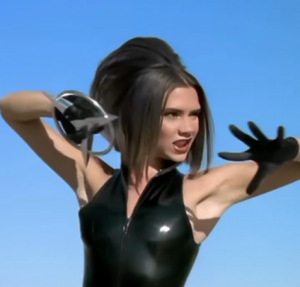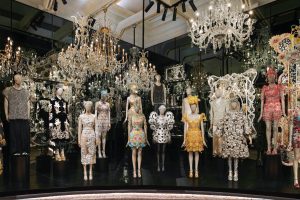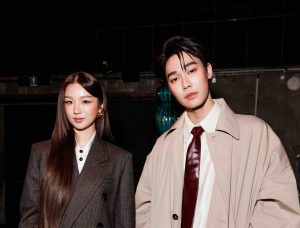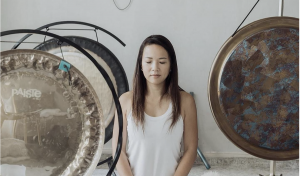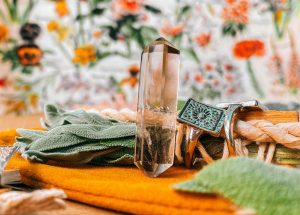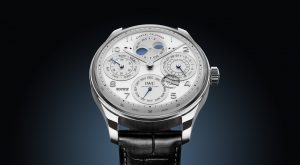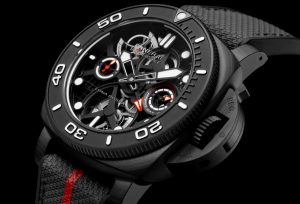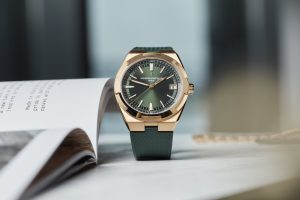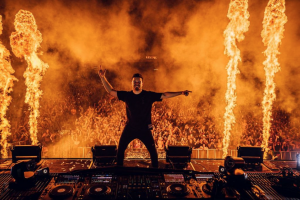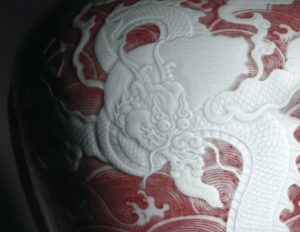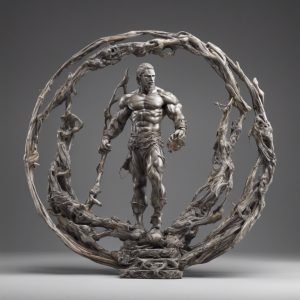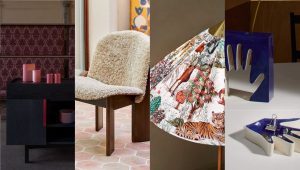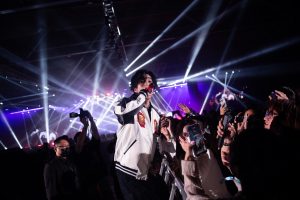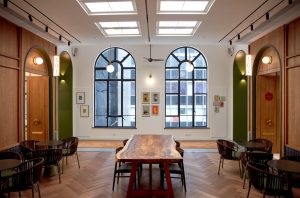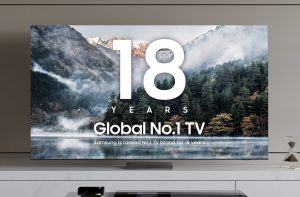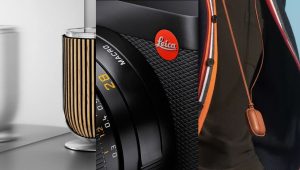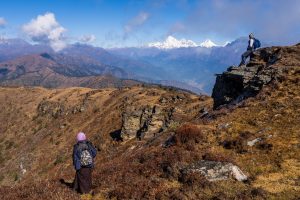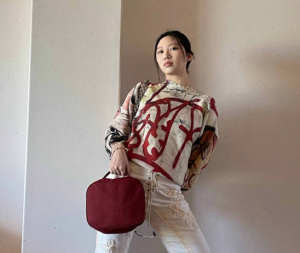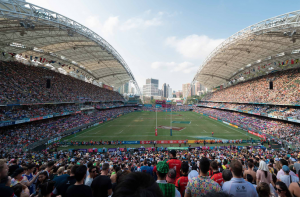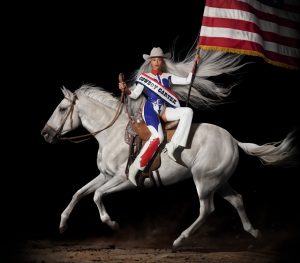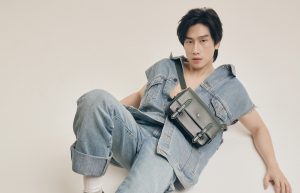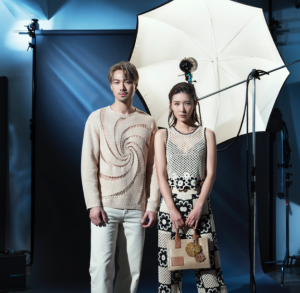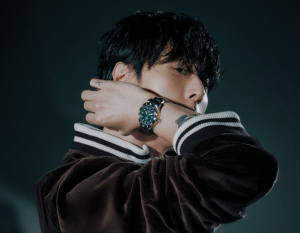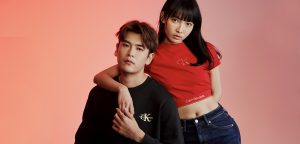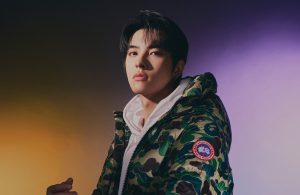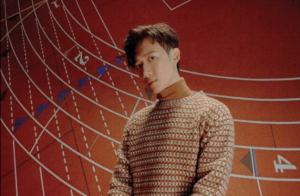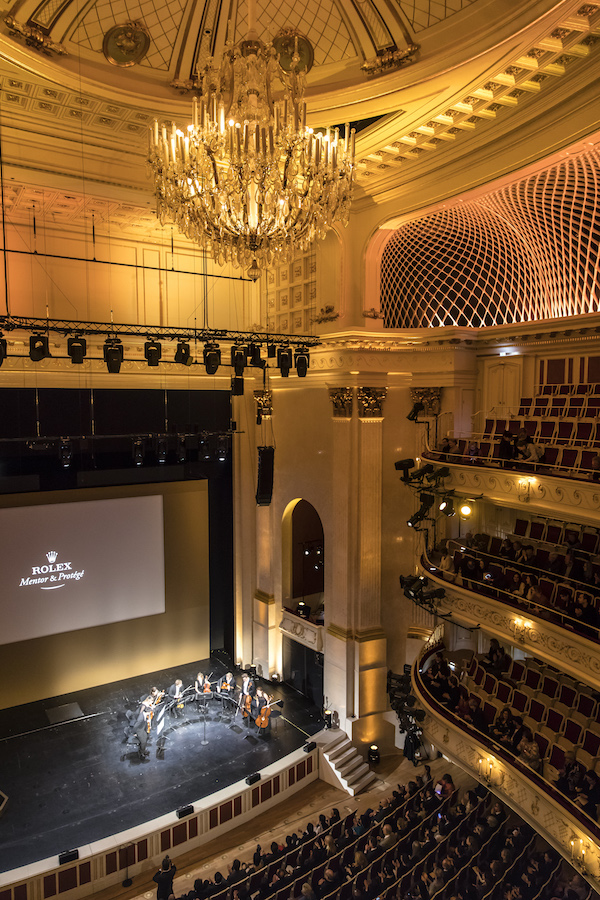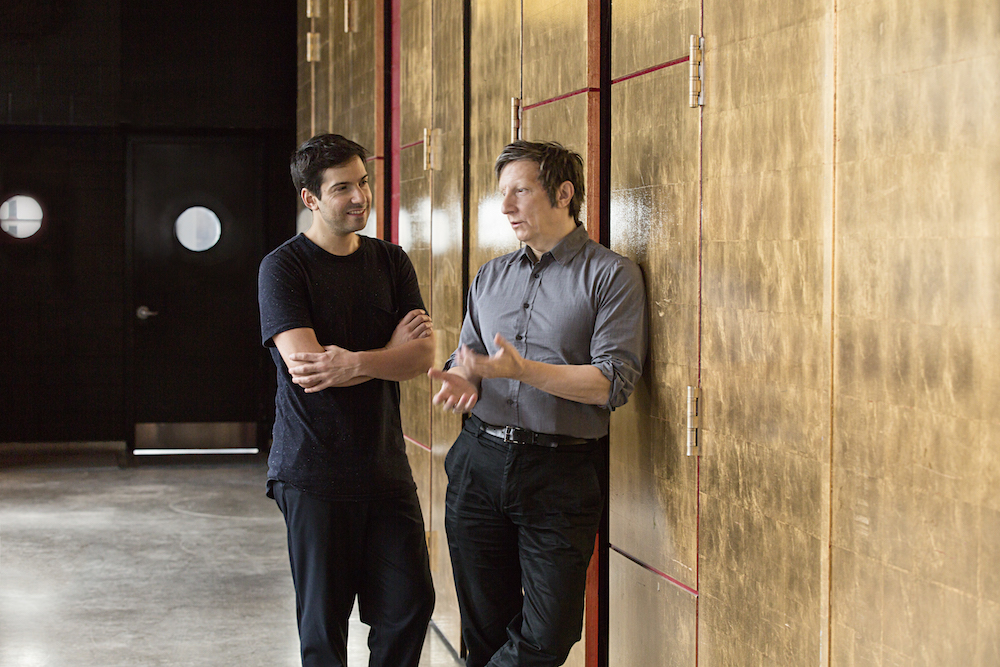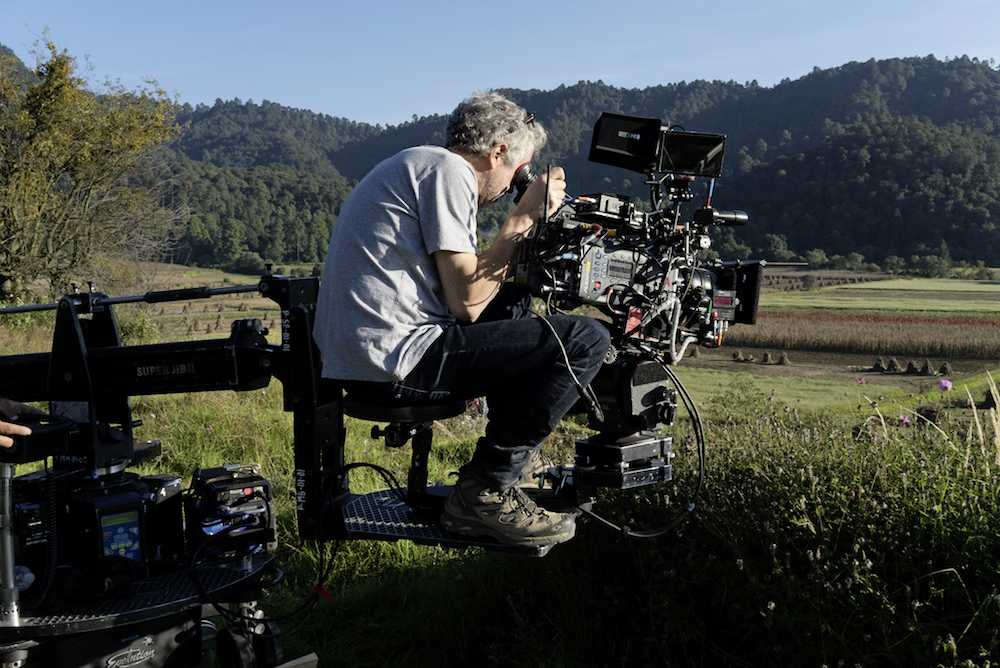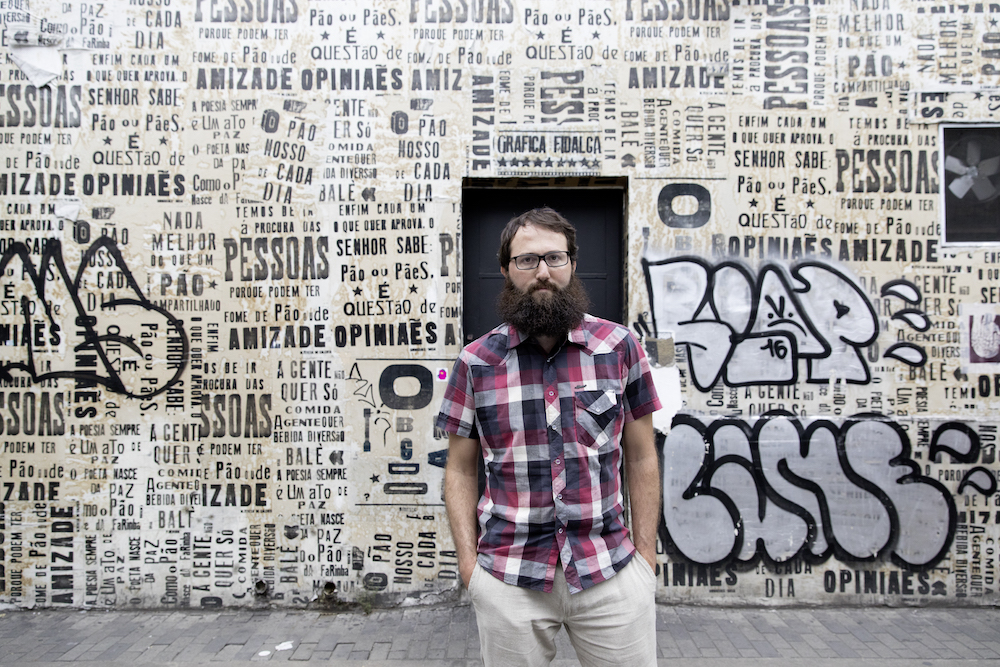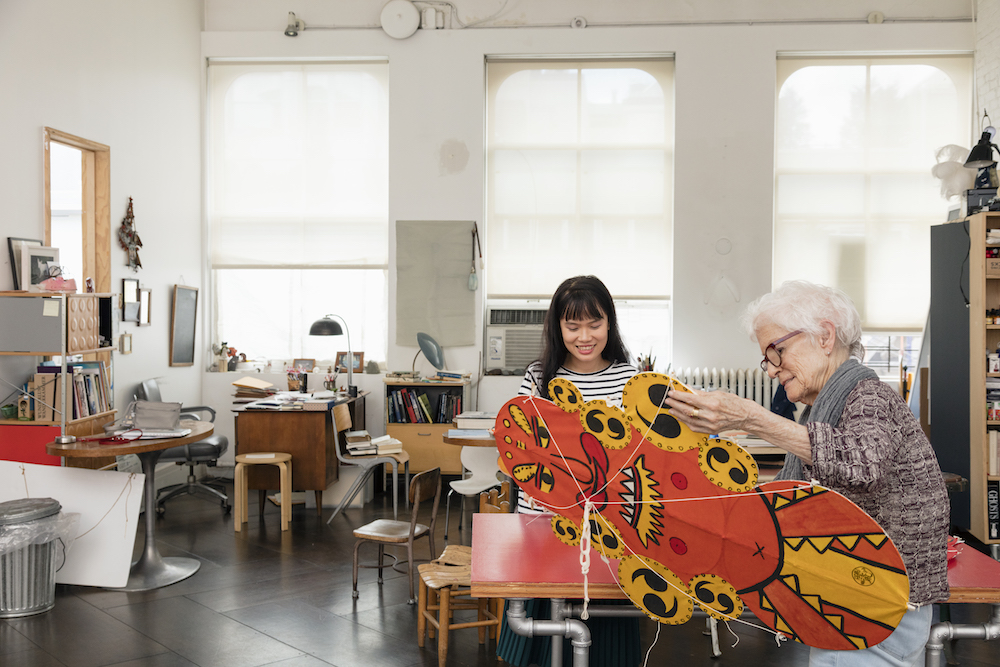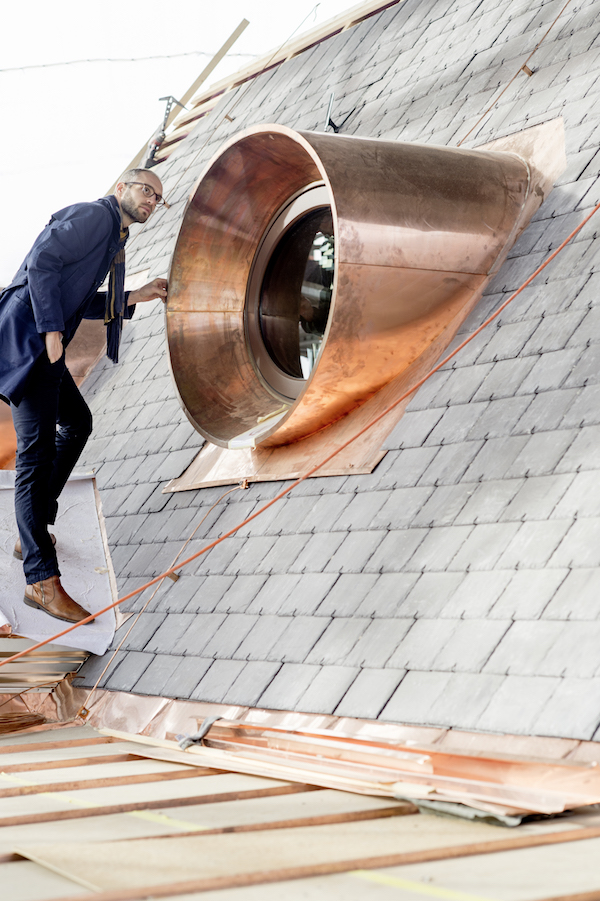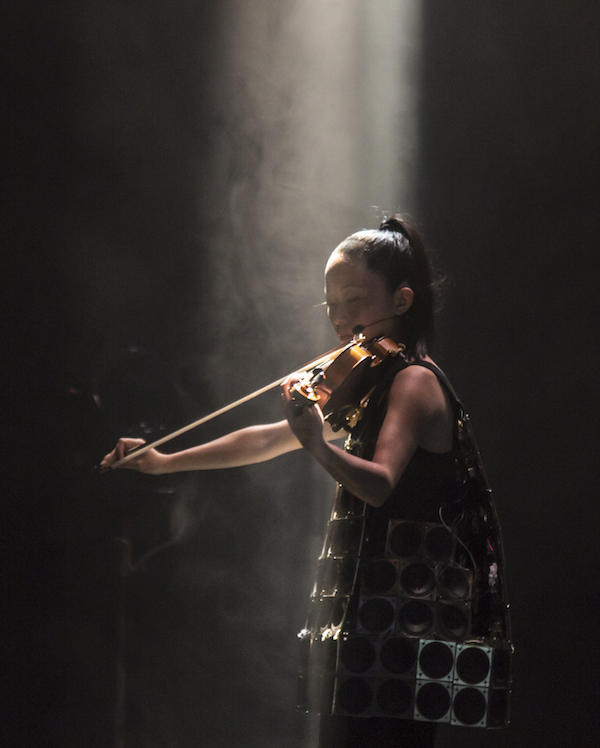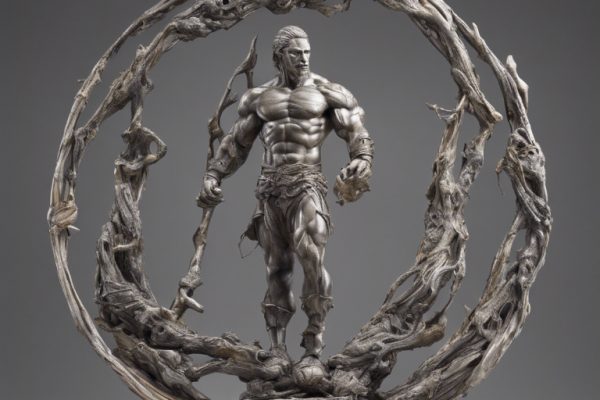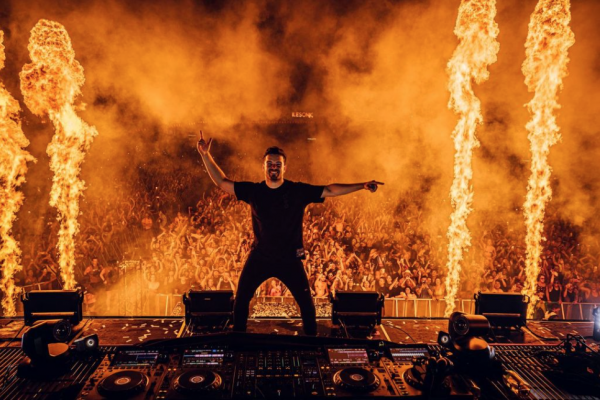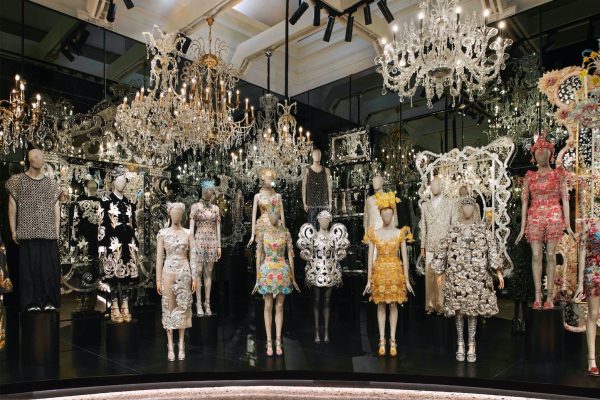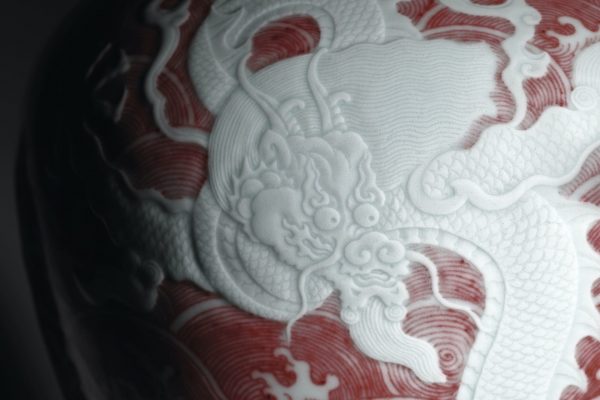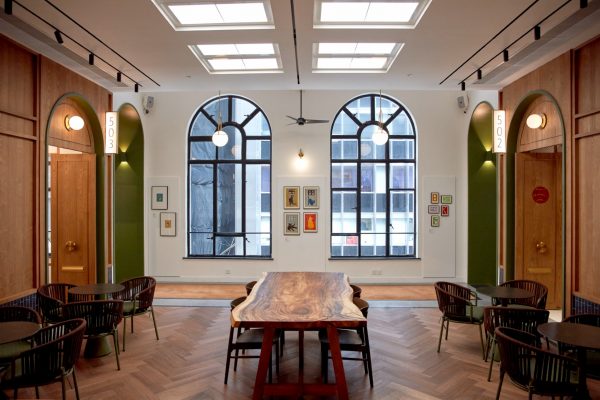#culture / #art & design
Rolex Arts Weekend celebrates artists from around the world
BY #legend
March 19, 2018
On a chilly evening in February that’s just dipping into sub-zero weather, dim spotlights cast an orange glow onto the faded fresco paintings at the Clärchen Ballhaus in Berlin’s trendy Mitte district. The night is cold, but inside, the ageing ballroom is alive and warm, filled with a spirited crowd of artists, musicians, dancers, filmmakers and architects. The occasion?
It’s the start of the awe-inspiring Rolex Arts Weekend in Berlin. The Arts Weekend is part of the Rolex Mentor and Protégé Arts Initiative, in its eighth cycle this year, which brings together a group of first-class mentors who advise a select group of protégés, giving them a unique chance to hone their crafts and learn what it means to live life as an artist.
Hans Wilsdorf, the founder of Rolex, was a philanthropist who contributed to society by supporting individuals and institutions that were trying to create a better future in the 1940s. His actions grew into the Rolex Awards for Enterprise, which, since 1976, has given grants to people doing innovative work in areas including science, technology and the environment. Almost three decades later, the question of art was raised – how can Rolex help in the preservation of cultural heritage? The Mentor and Protégé programme was born. Today, Rolex facilitates a one-to-one relationship for seven pairs of mentors and protégés, encompassing seven disciplines across music, dance, architecture, film, literature, theatre and the visual arts.
This year’s Rolex Arts Weekend showcases the 2017-2018 mentors and protégés, including Joan Jonas and Thao-Nguyen Phan in the visual arts, Robert Lepage and Matías Umpierrez in theatre, David Chipperfield and Simon Kretz in architecture, Alfonso Cuarón and Chaitanya Tamhane in film, Ohad Naharin and Londiwe Khoza in dance, Mia Couto and Julián Fuks in literature, and Philip Glass and Pauchi Sasaki in music.
For the protégés, the mentorship year presents the opportunity of a lifetime – to work with renowned masters in their fields. In the beginning, this was Rolex’s goal: reviving the art of mentorship as testament to the idea that behind every great artist is another great artist. Soon, however, the mentors also realise that they’re not just giving; they’re receiving, too. For the mentors, it’s a mutual exchange – they get to see their work in a fresh light and they’re also learning new skills from their protégés.
“You agree to do this – to spend a year with somebody who will be trailing you everywhere – because you suspect somewhere that it will be a two-way street, that there will be something that you will learn,” says Robert Lepage, who calls his Argentinian protégé Matías Umpierrez a “good sponge.” “I wasn’t disappointed because I’ve learned a lot. He’s taught me a lot. He brought my attention to new phenomenon, and introduced me to so many new artists and trends. So it was really a shot in the arm. It’s a bit of a fontaine de jouvence.”
Lepage, who was already working on a variety of theatre and opera productions at The Met, as well as circus and other multimedia experiments in the past year, somehow found the time to take part in Umpierrez’s project as one of his actors. “I had the opportunity to participate in his project at the end of the cycle, to be directed by him in this interpretation of Macbeth,” recalls Lepage. “I was surprised – actually, stunned – to see how masterfully he was able to bring this project to fruition. I ended up performing with some top Spanish film actresses. To see this young man directing them with such aplomb, panache and courage – obviously he had a vision. I was very proud of my protégé.”
The resulting work is the first part of Umpierrez’s series, titled The Museum of Fiction, and the world premiere of Empire. The Macbeth-inspired work plays out in a unique video installation – using four screens in a box-like room, the director challenges the limits of space and time, as well as the use of the exhibition space to dramatic effect.
There are other mentors who allow their protégés directly into their worlds and their visions – not by showing them the final product, but by showing them their most vulnerable side as the vision is still in the making. When Alfonso Cuarón mentored the Indian filmmaker Chaitanya Tamhane, the Oscar-winning director entrusted him with his most treasured possession – the only other script to his new film Roma.
“It was an amazing experience to have [Tamhane] around in a film where nobody had the screenplay – I was the only person who knew the screenplay, nobody else, not even the actors,” recalls Cuarón. “I decided to open all my cards to Chaitanya and gave him the screenplay. He became my sounding board in this process – and sometimes just by his gaze, not necessarily by comments.” Tamhane concurs: “The fact that he shared the script with me, and just me, was very moving. It was very touching because it kind of proved how committed he was to this programme. It was a big moment for me.”
Mozambican writer Mia Couto also had a similar experience. “I was in the process of writing a new book and that means that I was lost – at that time I was full of doubts, full of fears,” he recalls. “I invited [Julián Fuks] to share those moments and I shared the text in a very preliminary stage with him, so he’d know what types of mistakes I was making. It’s the first time in my life that I did this with someone. I did this with my father and my wife, but only at the end of the process, just to show them the work already done.”
For Couto, words flow easily, but his Brazilian protégé finds it extremely difficult to let go of control over his sentence structures. In their mentorship year, the pair developed a close working friendship. Couto says, “Can I say something about the phrase ‘Behind every great artist is another great artist?’ Maybe it’s just the case of Julián, but it’s difficult to get behind him, he’s so big! [laughs] But together with a great artist is another great artist. That’s what I feel now.”
Opening the Rolex Arts Weekend at the Kulturforum in Berlin was Vietnamese visual artist Thao-Nguyen Phan, whose exhibition Poetic Amnesia showed past and present works that were inspired by her year of mentoring with Joan Jonas. At 81, the legendary American artist is still extremely curious about her surroundings; during her visits to Vietnam with Phan, she was never without camera in hand, capturing colours and moments in Ho Chi Minh City and Hanoi. “I really enjoy being with [Phan] and we didn’t have to talk all the time – we could just be with each other,” says Jonas. “And I think that’s quite a special experience, because I was very interested in what she was thinking and in her work.”
Jonas challenged Phan to think beyond her abilities as a painter and delve into other forms of art, although in the process, she says she only gave her brief comments on her videos and complimented her paintings. Poetic Amnesia criticises Vietnam’s educational system, in which Phan believes the winners of war rewrote history and that there is a massive state of amnesia. Her exhibition is a part-reality, part-fictitious look into her history and heritage.
Perhaps one of the more dificult disciplines to grasp in the Rolex programme is architecture. Even David Chipperfield thinks so, saying, “When I’m with artists, I’m always slightly self-conscious that architecture has a slightly vicarious relationship to the other arts, because we are creative, but our creative processes are much more complex and mediated.”
Instead of trying to go about the mentorship around the act of making something, or of using an architect’s tools and machinery, the renowned English architect and his protégé, Swiss architect Simon Kretz, decided to step into more neutral territory and discuss a topic that has an enormous impact on architects today – urban planning. It’s a subject Kretz has a strong interest in, too. “Instead of us just sitting around complaining and moaning about the state of planning, we thought we would try to become positive and proactive in our result in trying to make a book, and engage other students in Zurich to try and give form to our thoughts,” explains Chipperfield. “Simon called it ‘The Thought Experiment’.”
Some protégés have had their horizons widened, while others, like South African dancer Londiwe Khoza, had her world turned entirely upside down. Learning to dance with unconventional Israeli choreographer Ohad Naharin meant a completely new country, a completely new dance company, a completely new dance style and, most jarringly, a completely new training technique that involved no mirrors. But today, a year on, Khoza is right at home with the Batsheva Dance Company’s junior ensemble and will continue to dance under Naharin. “It’s really been a process of discovering new things within myself and unlocking a lot of things and releasing a lot of blockages – allowing myself to learn how to tap into my imagination and learn to be comfortable,” says Khoza.
Rounding off the weekend to a standing ovation is Pauchi Sasaki’s monumental musical work, which we had the pleasure of hearing on our last night at the Deutsches Theater. The composer and intermedia artist presented her world premiere – a truly out-of-the-box, otherworldly musical experience that’s not just delivered through conventional musical instruments such as strings and flute, but through two “speaker dresses” (self-made wearable tech pieces that Sasaki designed herself), audiovisual installations and other effects.
When the otherworldly American composer Philip Glass and Sasaki speak, it’s as though you’re walking in on two friends catching up. Their topics are diverse, ranging from musicians in town to the business side of things, including production processes and legal issues. In fact, Sasaki recalls her favourite moments with Glass as being those at his kitchen table at home, sipping hot tea and discussing all sorts of things.
At their last meeting, she showed him the incorporation papers for her own publishing company. Glass has always been a strong proponent of composers self-publishing their work and was said to be visibly pleased. “When we met, I understood that the job wasn’t to teach her how to write music because she could already do that,” he says. “By the way, I really liked her music. That was one of the reasons why I was attracted to her. It had a simplicity and a clarity – a real natural beauty that I always enjoyed.”
Ending on a high note, it didn’t dawn on us until later that throughout the entire weekend, not one Rolex timepiece was shown – no obscene display cases or grand ceremonies to present a special watch proudly to the selected mentors and protégés. They do get to select a timepiece, we’re told, but it really isn’t the main point of the programme.
We’ve already been given a hint of what’s to come for the 2018-2019 Rolex Arts Weekend, too. David Adjaye will be mentoring Nigerian architect Mariam Kamara in the field of architecture; highly sought-after choreographer Crystal Pite will be mentoring the young African dancer Khoudia Touré;in literature, we’ll see rising star Colin Barrett spar words with novelist Colm Tóibín; and in music, Zakir Hussain, the world’s greatest tabla player, is paired with young drummer Marcus Gilmore. We can’t wait to see what brilliant works they’ll come up with in the next cycle.
This feature originally appeared in the March 2018 print issue of #legend.

